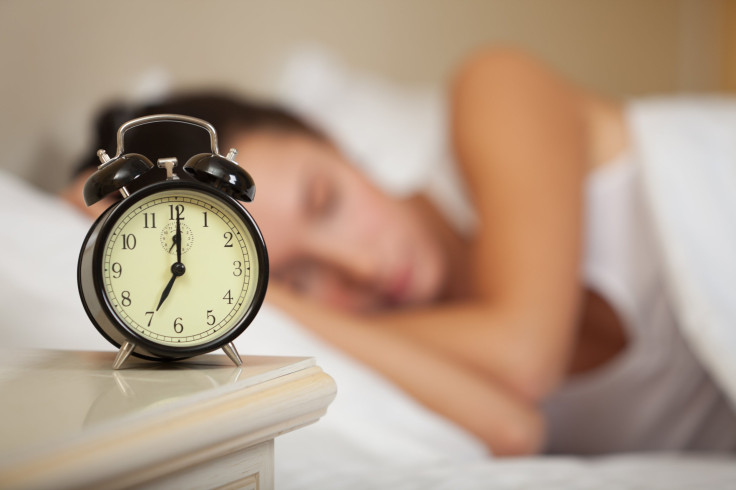Early Bird Or A Night Owl? What Your Sleep Schedule May Say About Your Health

At a young age we all heard the old adage, “The early bird gets the worm,” but what does the night owl get? Early birds are considered to have a competitive edge because they are more functional in our typical 9-to-5 society, whereas night owls reach their peak performance while most are sleeping. In the YouTube video “Early Birds vs. Night Owls,” AsapSCIENCE explores your sleep schedule, and what it can reveal about you from your personality to the structure of your brain — eerily, it also says something about your expected time of death.
Our sleep tendencies are deeply ingrained as we have very little say in whether we’re an early bird or a night owl. This has been predetermined by our genes. Immediately at birth, our personal biological clocks have been wound. Genetics helps establish a person’s chronotype, which is connected to when we reach peak performance. A 2012 study published in the journal Annals of Neurology found variations to a gene called PER1 — part of a group of genes that affect circadian rhythms — are linked to circadian timing and the tendency toward living as a night owl or an early bird.
Mitchell Moffitt, co-creator of the AsapSCIENCE series says in the video, “Studies have even shown that a single change in the genetic code [of] PER1 can result in an hour difference in your waking time.” Scientists have also found a correlation between these genes and our time of death. Early risers are more likely to die around 11 a.m., while night owls are more likely to die before 6 p.m.
Our sleep habits are genetic and can put night owls and early birds at a disadvantage. Night owls experience what scientists have dubbed as “social jetlag.” This refers to lagging behind in time during the early hours of the day, and the toll it has on a night owl’s work and social life. Meanwhile, "Early birds tend to display more positive social traits, such as being proactive and optimistic, and are less prone to depression or addictions to nicotine, alcohol, and food," Moffitt says.
These traits are actually seen in the brain, particularly in white matter. Although night owls exhibit significantly less white matter in their brains, they make up for it in cortisol levels. This stress hormone gets the body prepared to face immediate threats, which gives night owls more opportunities, and even more financial gain. “[T]hey tend to be much more creative, have been found to have higher cognitive abilities, and are known to be risk-takers,” Moffitt said.
So in the battle over bedtime, does both the early bird and the night owl both get the worm? The short answer is yes. The trick is to find your peak performance times.
Published by Medicaldaily.com



























